Psychiatry may seem crazy
But it's a real thing


A free daily email with the biggest news stories of the day – and the best features from TheWeek.com
You are now subscribed
Your newsletter sign-up was successful
Psychiatry is either in a state of complete disarray, or it's on the verge of triumph over mental illness.
The science behind the discipline is either rigorous or completely fallacious.
Compared to other medical disciplines, psychiatry faces the daunting burden of having to regularly prove to the universe that it exists, that there is something besides air in the open boat, that its practice can be useful, and that the significant lack of known knowns about mental illness do not correlate to a reality where there never will be knowns that will be known better.
The Week
Escape your echo chamber. Get the facts behind the news, plus analysis from multiple perspectives.

Sign up for The Week's Free Newsletters
From our morning news briefing to a weekly Good News Newsletter, get the best of The Week delivered directly to your inbox.
From our morning news briefing to a weekly Good News Newsletter, get the best of The Week delivered directly to your inbox.
What psychiatry is is a serious question, and one worth grappling with. The controversy over the profession's diagnostic standards manual is illuminating and well worth the thought that thinkers give to it. But I don't think it serves the mentally ill well to label the profession that serves to help them as intellectually bereft and scientifically dangerous.
Consider the case of a widely prescribed pill, one that doctors hand out like candy, with fairly minimal side effects. It has made billions for its manufacturer. This pill is designed to treat a discrete medical problem that doctors know a lot about. They understand the way the pill interacts with the body, they know how it metabolizes, and what systems it affects. And yet, for reasons unknown to docs, it works about half the time.
I write, of course, of Viagra.
The scientific world has a pretty good handle on what causes erections. And men be damned, they can't get a pill to work more than half the time. Imagine all of the sex that's missed!
A free daily email with the biggest news stories of the day – and the best features from TheWeek.com
One of the foundational criticisms of modern psychiatry is that the cures, which are designed to address symptoms because the underlying biology remains a black box, don't work for most patients. Or, they work weakly. Considering how far we are from addressing the question of consciousness, and since psychiatric symptoms are often (though not exclusively) symptoms relating to cognitive (thinking) or valence (emotional) distortions, it should be encouraging that psychiatry — the doctors, the drug manufacturers, the patients — have managed to come this far.
Psychiatric patients know intuitively what even the head of the National Institute for Mental Health seems to want to minimize, which is that most psychiatric illnesses are bio-psycho-social disorders. Overreacting to the criticism that psychiatry is not scientific enough, the profession has put a lot of energy into sounding more like, say, cardiology. They do this at the expense of understanding. Biology surely plays a role in mental health. But just like the problem of consciousness runs into the "what makes red RED" problem, and solves it, at least temporarily, by noting that we conscious beings live in a real world with other people and other things that affect us daily, mental health is not going to be understood in the same way that we understand heart conditions. (Actually, stress — external stress — can exacerbate a variety of cardiac conditions as well).
Treating mental illness requires good drugs, good talk therapy, and — a big "and" — significant attention to the chronic stress and potential threshold stressors that worsen pre-existing conditions or diatheses. I think psychiatry is still kind of afraid to talk about illness as something that lives in a community as well as a body, but as many people who have been successfully treated by the profession will tell you, their symptoms did not abate until they figured out how to change the conditions that triggered them. Doing that often requires resources, expertise, and, often, money, as well as relative job and relationship stability. We may be a ways away from concrete biology, but if the goal is to restore function to people who cannot function, then that's where we ought to look.
Marc Ambinder is TheWeek.com's editor-at-large. He is the author, with D.B. Grady, of The Command and Deep State: Inside the Government Secrecy Industry. Marc is also a contributing editor for The Atlantic and GQ. Formerly, he served as White House correspondent for National Journal, chief political consultant for CBS News, and politics editor at The Atlantic. Marc is a 2001 graduate of Harvard. He is married to Michael Park, a corporate strategy consultant, and lives in Los Angeles.
-
 6 of the world’s most accessible destinations
6 of the world’s most accessible destinationsThe Week Recommends Experience all of Berlin, Singapore and Sydney
-
 How the FCC’s ‘equal time’ rule works
How the FCC’s ‘equal time’ rule worksIn the Spotlight The law is at the heart of the Colbert-CBS conflict
-
 What is the endgame in the DHS shutdown?
What is the endgame in the DHS shutdown?Today’s Big Question Democrats want to rein in ICE’s immigration crackdown
-
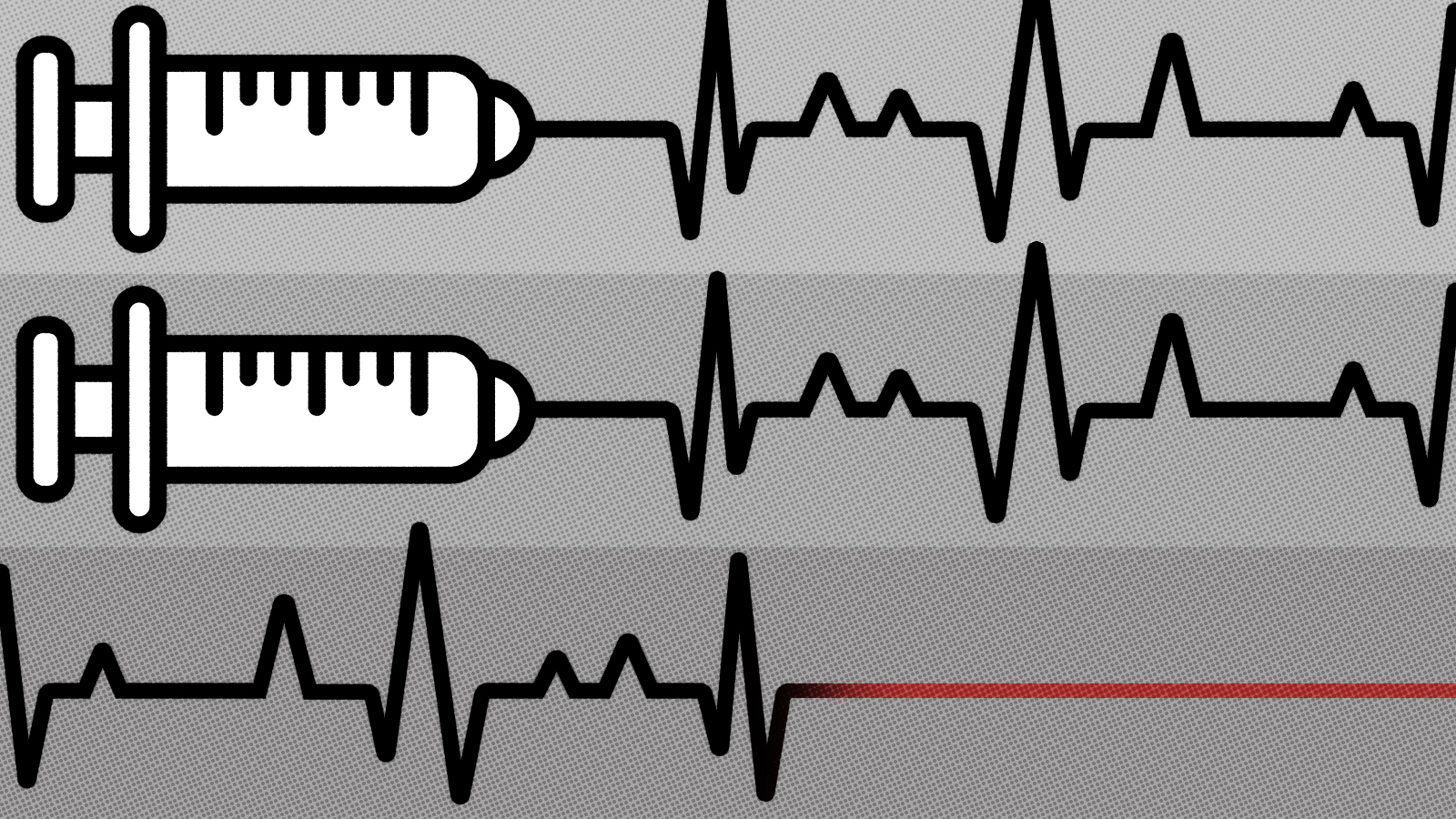 Do unvaccinated COVID patients deserve scarce care? A doctor weighs in.
Do unvaccinated COVID patients deserve scarce care? A doctor weighs in.The Explainer Justice, judgment, and the last ICU bed
-
 How to vaccinate the anti-vaxxers
How to vaccinate the anti-vaxxersThe Explainer Instead of blaming people for not doing the right thing, let's focus on eliminating the obstacles to vaccination that still remain
-
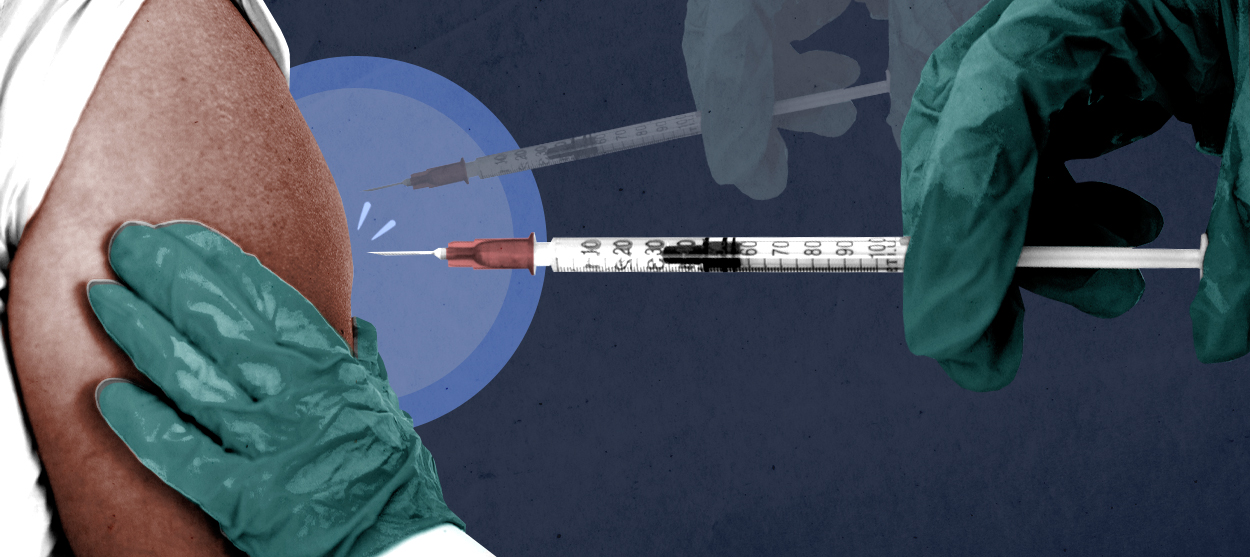 The U.S. could double its COVID-19 vaccine availability overnight. What's the holdup?
The U.S. could double its COVID-19 vaccine availability overnight. What's the holdup?The Explainer How the FDA could approve a more efficient vaccine rollout
-
 The October Surprise nobody wanted
The October Surprise nobody wantedThe Explainer Trump has COVID-19. Really, 2020?
-
 Life is worth living
Life is worth livingThe Explainer What's driving America's rising suicide rate?
-
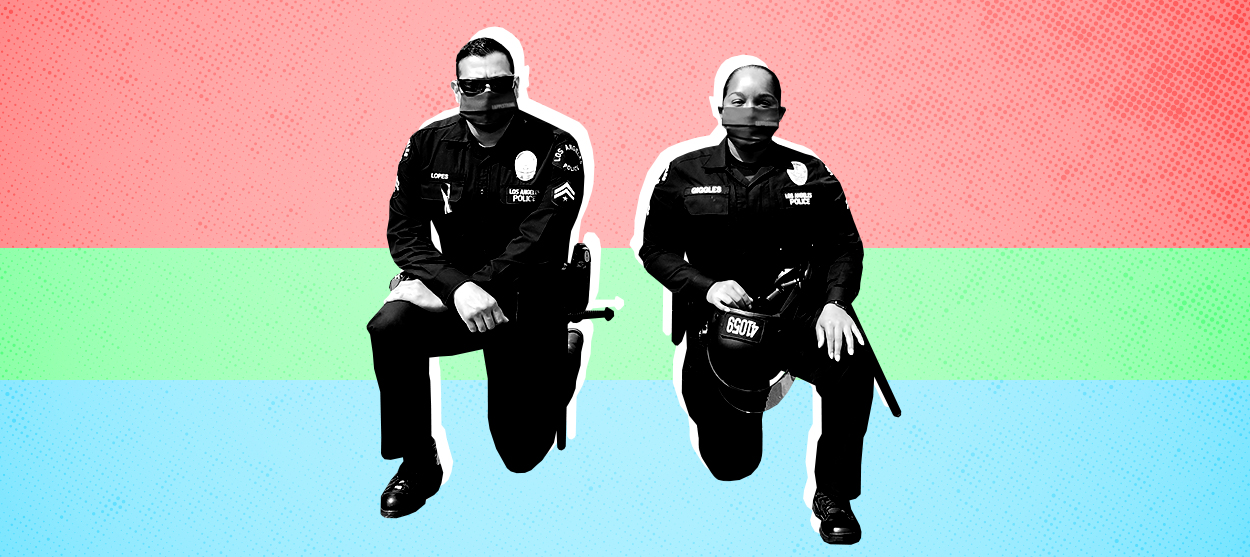 Social workers are masters at de-escalation. Here's what the police can learn from them.
Social workers are masters at de-escalation. Here's what the police can learn from them.The Explainer Knowing how to peacefully resolve conflict, rather than exacerbate it, can save lives
-
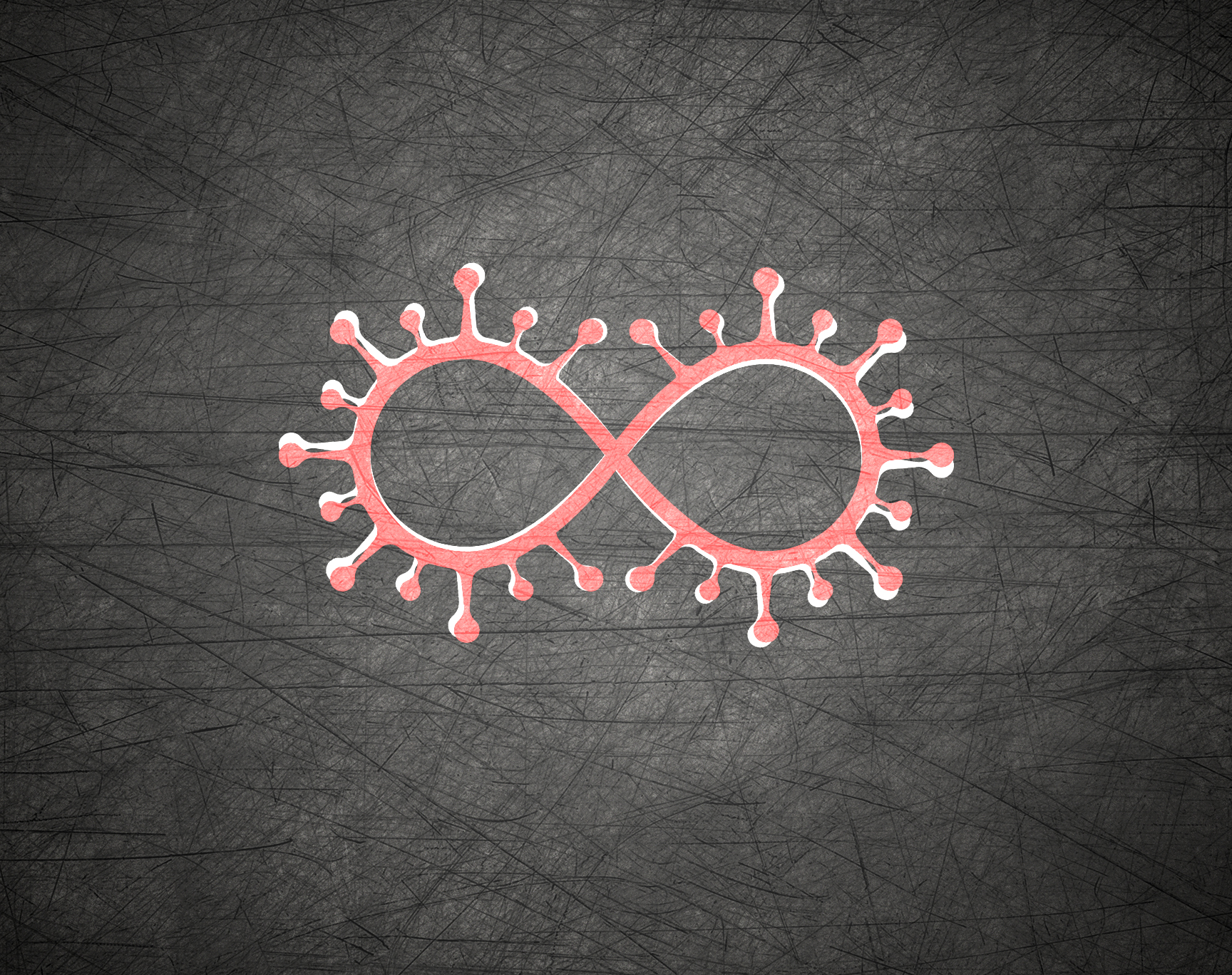 Settling in for the long pandemic
Settling in for the long pandemicThe Explainer Life won't be back to "normal" anytime soon
-
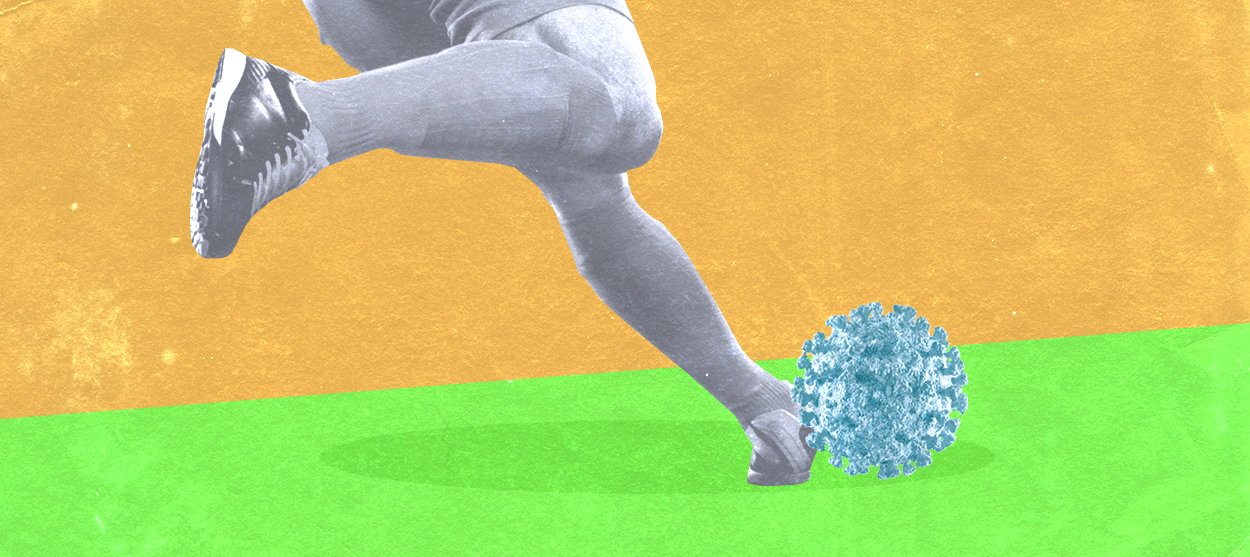 Sports reveal how much America is trailing the rest of the world
Sports reveal how much America is trailing the rest of the worldThe Explainer MLS and other American leagues are stumbling through their pandemic restart plans
